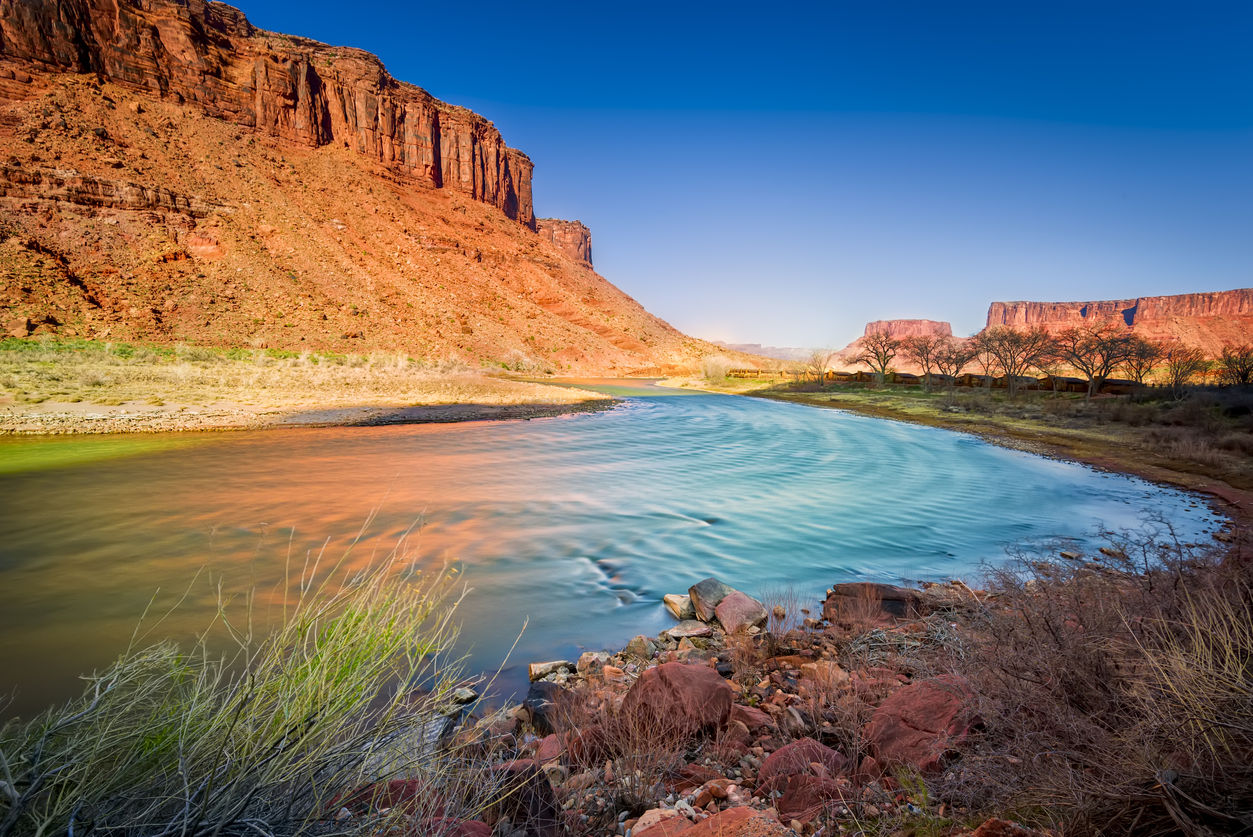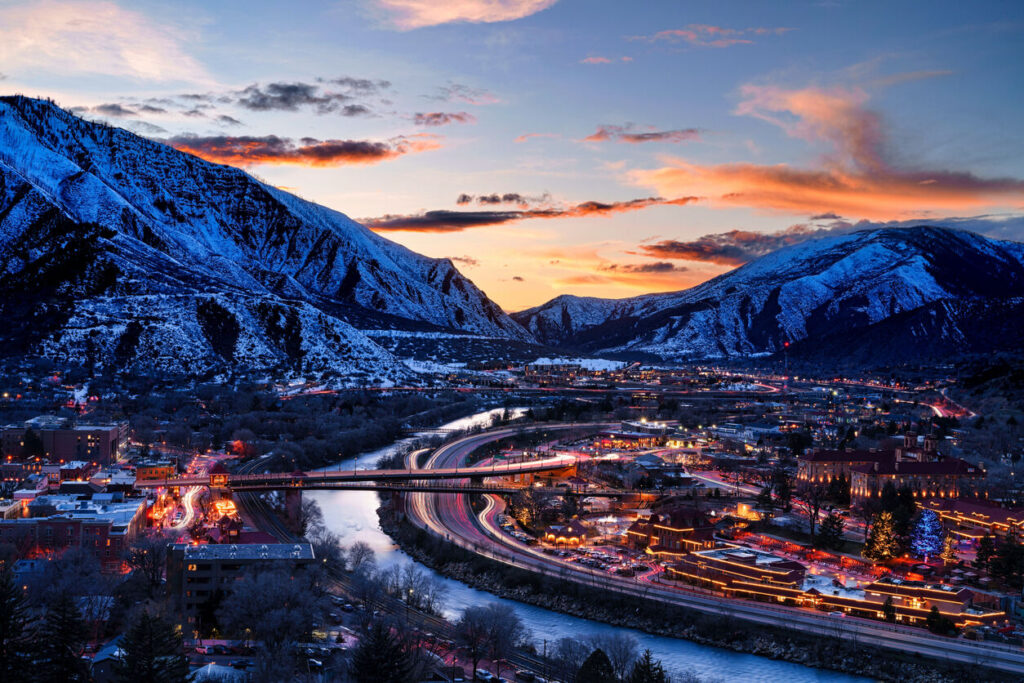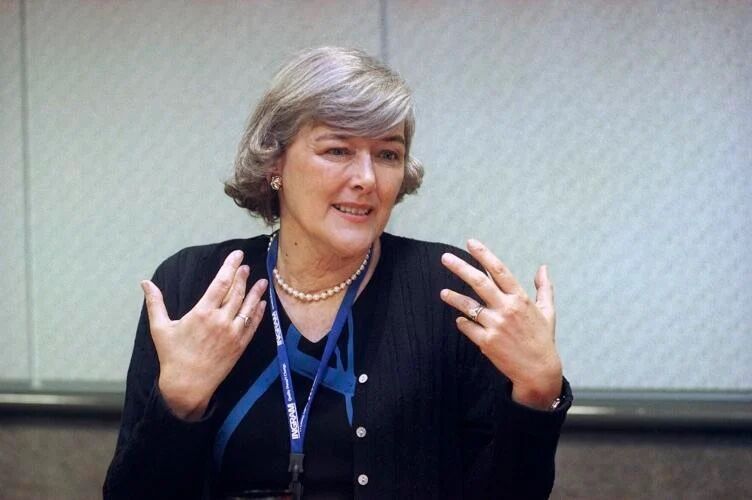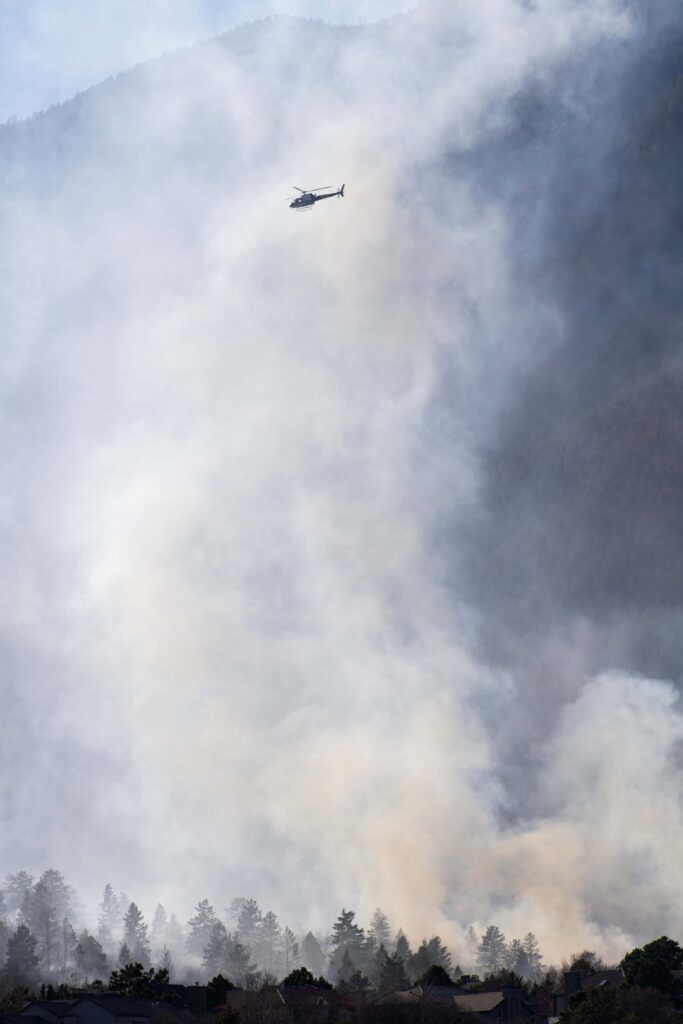Attorney General Coffman threatens sanctions on Colorado River lawsuit

There’s a new and interesting twist in the lawsuit that attempts to defend the Colorado River from the people of the state of Colorado – federal sanctions threatened against the attorney who filed the suit.
The office of Attorney General Cynthia Coffman warned attorney Jason Flores-Williams, who brought the suit on behalf of several environmental groups, that he will face federal sanctions if he does not voluntarily withdraw the case.
In September, Flores-Williams, with the environmental group Deep Green Resistance as “next friends” on behalf of the Colorado River ecosystem, sued the state, using a novel but not-unheard-of approach: to grant the river its own legal status that would put it on the same footing as people or corporations. The lawsuit seeks a judgment that the river and its ecosystem “possess certain rights, including the right to exist, flourish, evolve, regenerate, and restoration.” The state could be held liable for “violating the rights of the river.”
In its first response, the Attorney General’s Office claimed the courts have no jurisdiction over such a claim, based in part on a state’s immunity under the 11th Amendment to the Constitution, which has been interpreted to say that a citizen cannot sue his or her own state.
The 11th Amendment issue is what’s prompting Coffman’s office to threaten Flores-Williams with federal sanctions. Flores-Williams, in an amended complaint filed on November 6, claimed that the immunity issue did not apply because the lawsuit seeks an injunction against the governor and not actual damages.
Not so, says Scott Steinbrecher, a senior assistant attorney general who handles natural resources lawsuits. “For over a century, the law has been well-settled that simply naming the governor in lieu of the state does not avoid the Eleventh Amendment’s bar against private citizen suits in federal court,” he wrote in a letter asking Flores-Williams to withdraw the lawsuit.
But the issue of 11th Amendment immunity isn’t that cut and dried. According to a 2012 editorial in the Los Angeles Times, the amendment prohibits citizens from suing other states, but the U.S. Supreme Court ruled in 1890 that this also blocked citizens from suing their own states. In more recent times, however, citizens have filed lawsuits against their states based on illegal discrimination, which is covered under the 14th Amendment.
Flores-Williams told Colorado Politics that the attorney general’s threat is the latest way to try and scare off the case. It’s the modus operandi these days, he said. “If you don’t like it go after the guy. Don’t litigate in good faith, just go after them.
“Our perspective is that they’re wrong on the law,” Flores-Williams said.
And in a response sent Tuesday to the attorney general, he hit back, “Lacking actual legal grounds, the attorney general’s letter can only be understood as an attempt to harass me and silence the Rights of Nature movement. In an effort to send a message, the attorney general has resorted to improper intimidation tactics to defeat a lawsuit seeking rights for a critically-threatened, 60-million-year-old river that runs through all life in the Western United States.
“Rather than acknowledge scientific concern and consider a common sense legal doctrine that could address the urgency of our current environmental condition, the attorney general chooses to attempt to damage the career of a Colorado social justice lawyer.”
Flores-Williams called the attorney general’s effort to use the power of government against him “unconscionable.”
Federal rules of procedure state that sanctions can be filed against an attorney who files “pleadings, motions, or other papers that are filed for an improper purpose or lack a required level of evidentiary or legal support.” The purpose of the rule is to prevent frivolous lawsuits.
A spokesperson for the attorney general told Colorado Politics that Coffman would not comment on an ongoing case, but intends to file a motion to dismiss the lawsuit later this week.
But the lawsuit to defend the Colorado may be only the start.
Earlier this month, Deep Green Resistance supporters gathered at the Mercury Cafe in Denver to discuss next steps, and the discussion included lawsuits on behalf of other rivers in Colorado, such as the Arkansas and the Gunnison.
Will Falk of Deep Green Resistance said establishing “personhood” for rivers could lead to dams being dismantled and stop companies like Nestle from bottling water and selling it back to the public. “This is a movement, not a moment,” Falk said. More lawsuits will put pressure on the courts but will give judges an opportunity to build precedent on the issue, as has been the case in other countries that have granted personhood status to rivers.
“If we don’t get real urgent real quick,” Falk said, “It won’t be just the Colorado that won’t make it. It’s all of us…The Colorado River is just where we start.”













